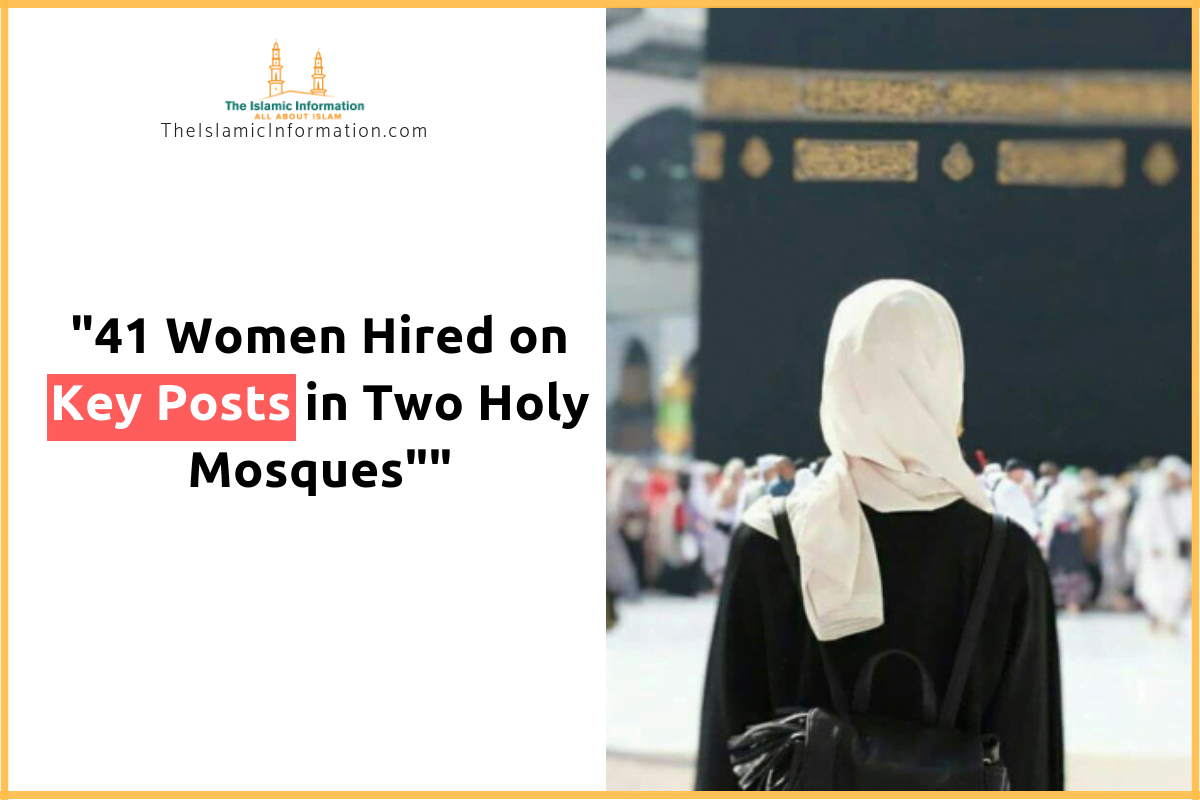PARIS – In a notable development, there have been updates to the dress code for students in French schools, particularly impacting female students.
A recent decision now prohibits girls in French state schools from wearing a specific style of loose-fitting dress called an “abaya,” often favored by some Muslim women. This decision comes nearly twenty years after France implemented a similar rule about the wearing of headscarves in educational institutions.
The announcement regarding this dress code alteration was made by the French Minister of Education in anticipation of the upcoming school term commencing in September.
A policy regarding the ban on wearing scarves was introduced in 2004 when it was informed by the Minister of Education in France that students should not exhibit their religion via their dressings.
Moreover, during an interview, Education Minister Gabriel Attal shared that the intention behind this ban was not to know which religion the student belongs to while entering a classroom.
An abaya characteristically constitutes a long garment, often worn by Muslim women. However, there exists a debate surrounding whether this attire carries inherent religious symbolism. This debate was further stoked when a former education minister suggested that the abaya might potentially carry religious affiliation
This discussion continued, with the Council of Muslim Worship in France asserting that an abaya does not universally symbolize religious affiliation. The council emphasized that the mere act of wearing specific clothing should not automatically indicate a particular religious belief.
In support of their perspective, they pointed to various countries where the majority of the population adheres to Islam, yet individuals from diverse faiths attire themselves differently, demonstrating that clothing is not a definitive marker of religion.
It is worth noting that in 2010, France previously introduced a rule prohibiting the full covering of one’s face in public, a regulation that sparked differing and furious reactions within the significant Muslim community within the country.
The principles guiding these regulations in France underscore the belief in maintaining a clear separation between religion and educational institutions, as well as other public domains.
Subscribe to our channels on WhatsApp, Google News, Facebook and Instagram.Discover more from The Islamic Information
Subscribe to get the latest posts sent to your email.












